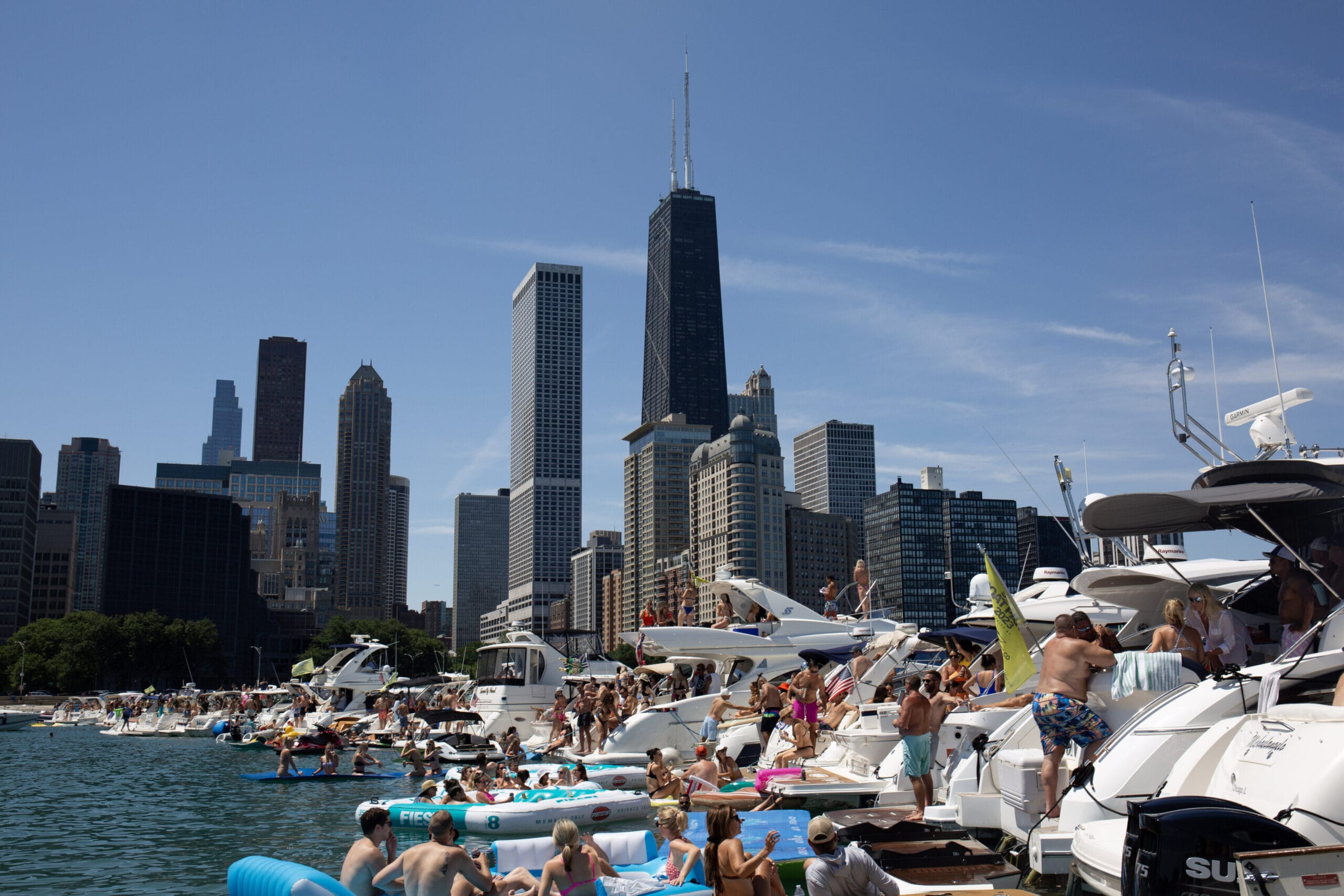
September 2, 2025
Boat Safety
Is the Playpen really a floating circus of pole dancers and steamy rendezvous? While headlines may paint a chaotic picture, the reality is far more nuanced. Dive into the vibrant culture of Chicago’s Labor Day yacht hotspot, where safety protocols and community norms coexist with the thrill of summer fun. Discover the truth behind the risks, the rules, and the people who make the Playpen a unique experience.

“Welcome to the Playpen,” the Daily Mail declares, describing Chicago’s Labor Day yacht hotspot as a “floating circus of Elvis impersonators, pole dancers and steamy rendezvous.”
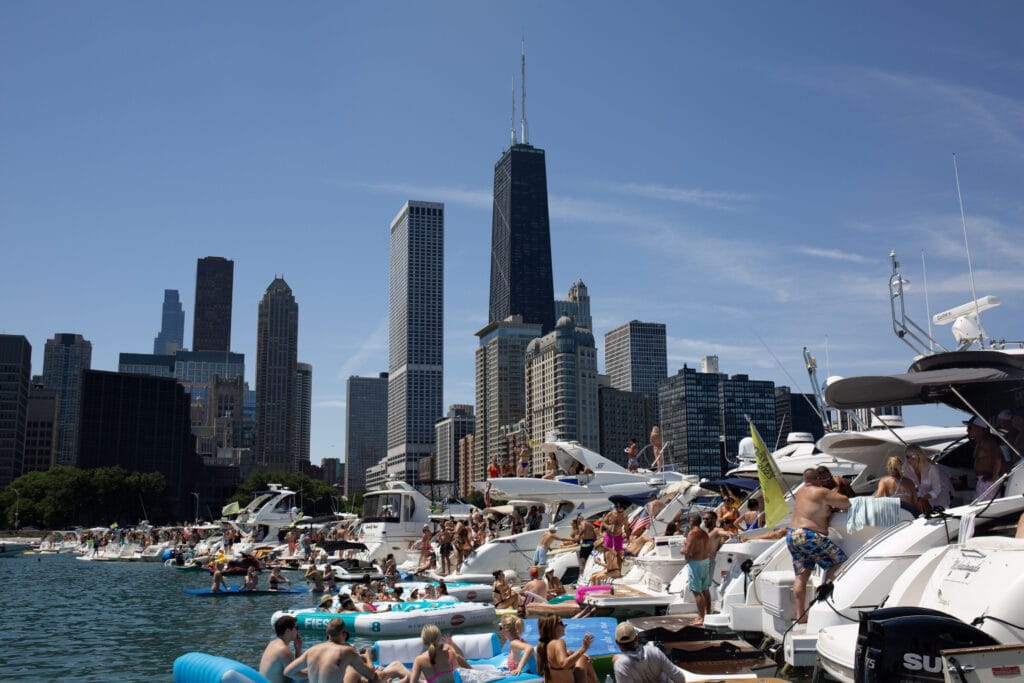
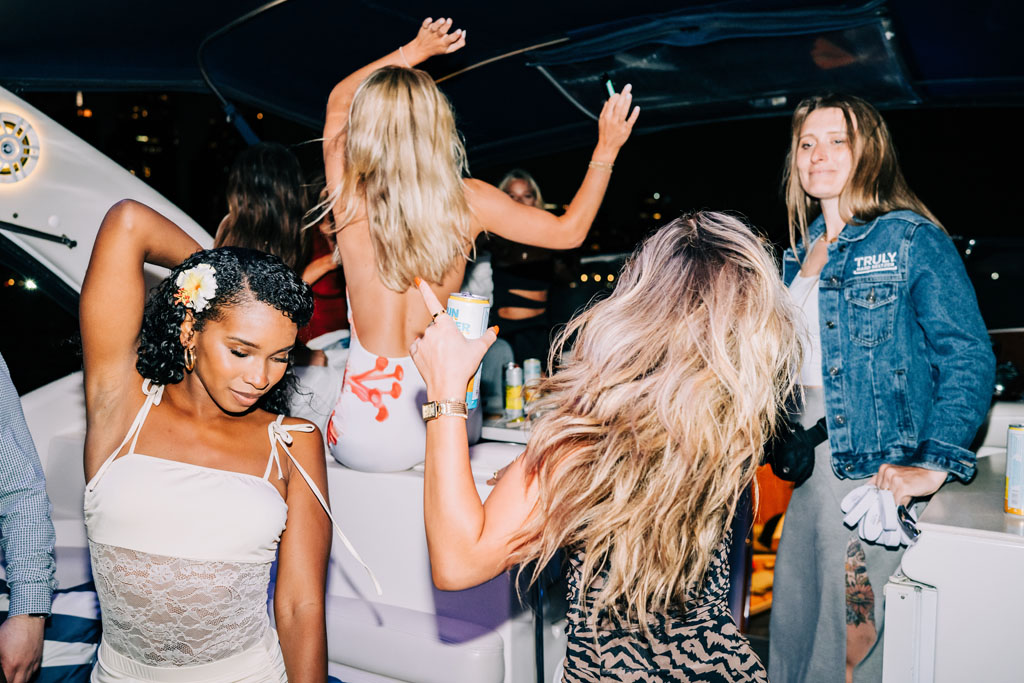
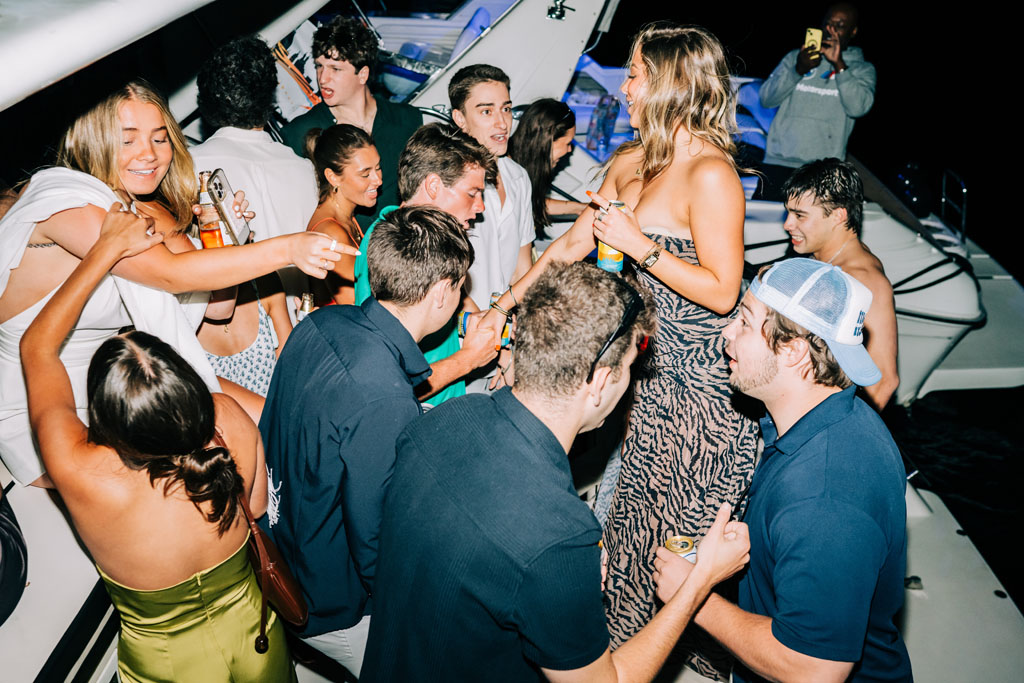

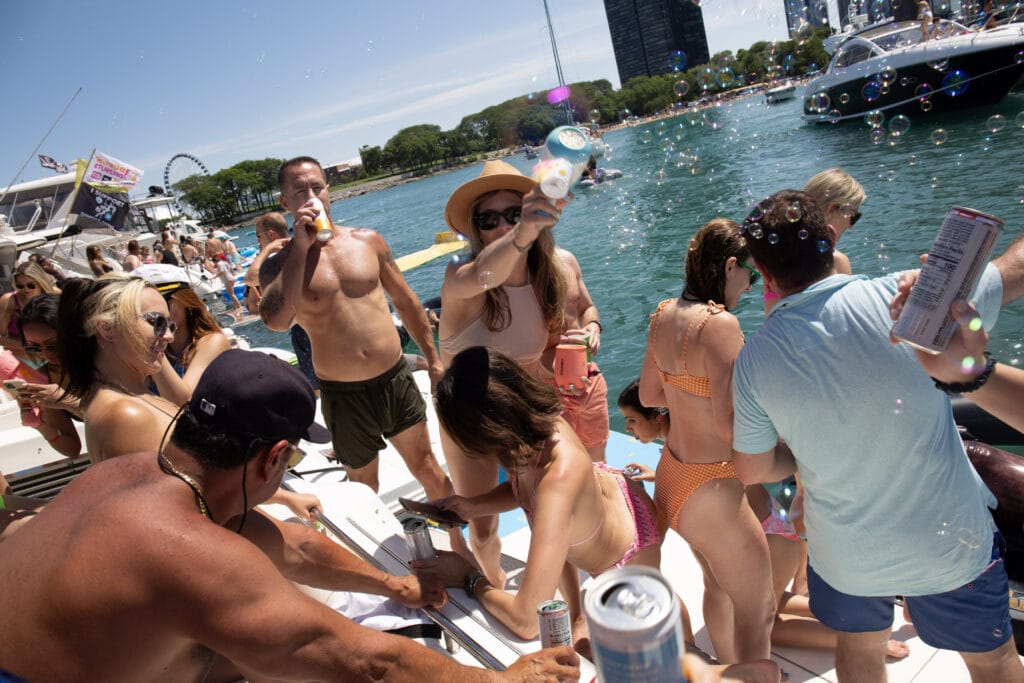
Post Tags :
When a chef opens their home, it changes everything.
Playpen Chicago partnered with @chefandysuarez on a multi-course dinner inside his Chicago apartment ✨ we grabbed some friends and spent a memorable evening dining on a range of cuisines, which he brings to his private events and classes in a setting built for connection 🤝
🎥: @right_angle_visuals
#PlaypenChicago #ChicagoChef #PrivateDiningChicago #ChicagoFoodCulture #Chicago

When a chef opens their home, it changes everything.
Playpen Chicago partnered with @chefandysuarez on a multi-course dinner inside his Chicago apartment ✨ we grabbed some friends and spent a memorable evening dining on a range of cuisines, which he brings to his private events and classes in a setting built for connection 🤝
🎥: @right_angle_visuals
#PlaypenChicago #ChicagoChef #PrivateDiningChicago #ChicagoFoodCulture #Chicago
...
Chicago, stay warm and safe out there! We’re channeling these vibes this weekend 🙌

Chicago, stay warm and safe out there! We’re channeling these vibes this weekend 🙌 ...
✨Happy Friday✨ ...
Counting down the days until we’re back on the lake! It’s never to early to work on finding your friends with boats now ➡️ playpenchicago.com
📸: @lensoflyons

Counting down the days until we’re back on the lake! It’s never to early to work on finding your friends with boats now ➡️ playpenchicago.com
📸: @lensoflyons
...
The holidays are over, can we get back to our regularly scheduled summer programming now?
📸: @ashleysummersphotography

The holidays are over, can we get back to our regularly scheduled summer programming now?
📸: @ashleysummersphotography
...
Wishing everyone a Happy 2025! 🎊
📸: @lensoflyons

Wishing everyone a Happy 2025! 🎊
📸: @lensoflyons
...
Ofc we love the holidays but we’re also counting down the days to May…

Ofc we love the holidays but we’re also counting down the days to May… ...
Experiences, elevated ✨ catch us on the water and in the city!
🎥: @caseyalexandramedia
🍝: @chefandysuarez

Experiences, elevated ✨ catch us on the water and in the city!
🎥: @caseyalexandramedia
🍝: @chefandysuarez
...
Copyright © 2022-2025 The Playpen Enterprises LLC – All Rights Reserved